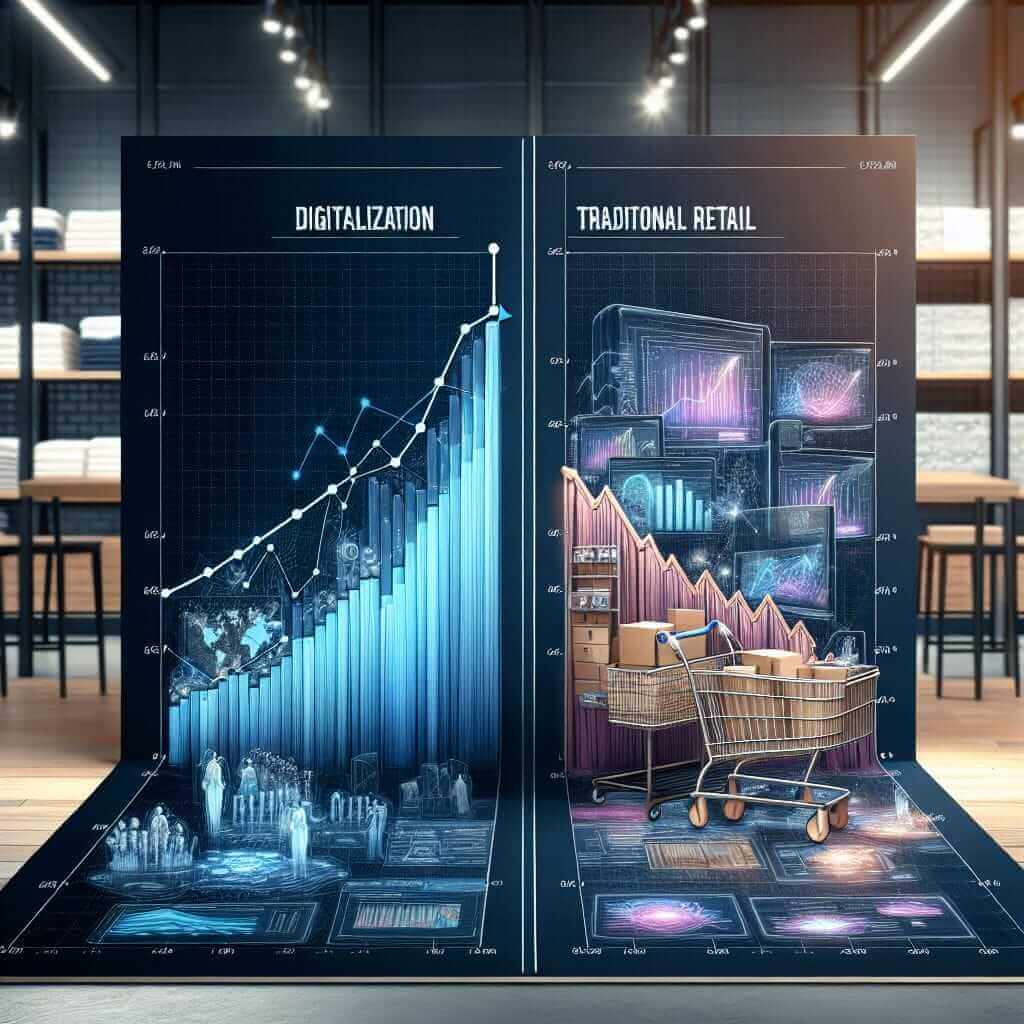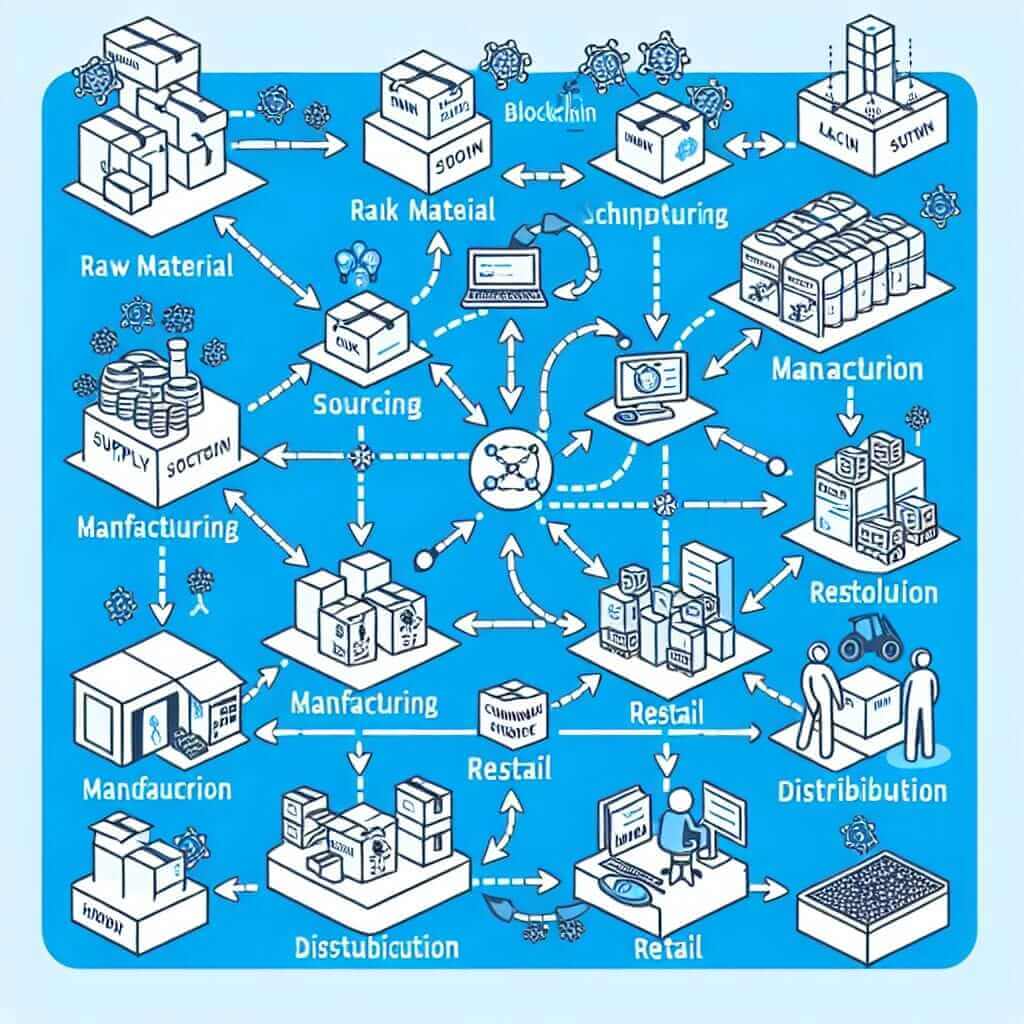The IELTS Reading section is designed to assess a wide range of reading skills, including reading for gist, reading for main ideas, reading for detail, skimming, understanding logical argument, and recognizing writers’ opinions, attitudes, and purpose. The unpredictability of topics makes it essential for test-takers to be well-versed in various subject matters. One such topic that has gained attention due to its relevance and frequency in recent tests is the impact of renewable energy adoption on global trade dynamics.
Nội dung bài viết
- Reading Passage: Renewable Energy and Global Trade Dynamics
- Passage
- Questions
- Multiple Choice
- True/False/Not Given
- Matching Information
- Sentence Completion
- Answers and Explanations
- Multiple Choice
- True/False/Not Given
- Matching Information
- Sentence Completion
- Common Mistakes
- Vocabulary
- Grammar Focus
- Relative Clauses
- Tips for a High Band Score in Reading
Renewable energy is not only transforming energy markets but also reshaping the global trade landscape. The increasing adoption of renewable energy sources such as solar, wind, and hydroelectric power has significant implications for international trade. This article aims to create a practice reading test aligned with the IELTS format, focusing on how renewable energy is influencing global trade dynamics. Practicing with this material can help test-takers improve their reading skills and performance in the IELTS exam.
Reading Passage: Renewable Energy and Global Trade Dynamics
Passage
The world’s transition to renewable energy is altering the global trade dynamics, with significant economic, environmental, and geopolitical implications.
Firstly, the shift towards renewable energy sources is changing trade patterns by reducing the reliance on fossil fuels. Countries rich in renewable resources are emerging as new energy powerhouses. For instance, China has become a leading manufacturer and exporter of solar panels and wind turbines. This has not only bolstered China’s trade surplus but also prompted investments in new renewable technologies across other regions.
Moreover, renewable energy adoption is creating new trade opportunities and competitive advantages for countries investing in green technologies. Germany’s Energiewende policy exemplifies how nations can lead in renewable energy while fostering international trade. Germany’s expertise in renewable technologies has made it a major exporter of green energy solutions, thereby enhancing its trade position.
 Germany Wind Turbines
Germany Wind Turbines
The environmental benefits are also noteworthy. Countries that heavily invest in renewable energy can reduce their carbon emissions, which aligns with international climate agreements. This shift can lead to a decline in the global demand for oil and coal, thereby impacting countries dependent on fossil fuel exports. For example, oil-exporting countries in the Middle East may face economic challenges if they do not diversify their economies and invest in renewable energy technologies.
However, the transition is not without challenges. The initial investment required for renewable energy infrastructure is substantial. Developing countries, in particular, may find it difficult to fund these projects without international support. Furthermore, the intermittency of renewable energy sources like solar and wind requires advanced storage solutions and grid management technologies, which can be costly.
In conclusion, the adoption of renewable energy is reshaping global trade dynamics by creating new leaders in energy production, fostering green technology innovations, and prompting a decline in fossil fuel dependence. While the environmental and economic benefits are clear, addressing the financial and technological challenges will be crucial for a smooth transition.
Questions
Multiple Choice
-
According to the passage, which country has become a leading manufacturer and exporter of renewable energy equipment?
- A. Germany
- B. China
- C. United States
- D. India
-
What is one of the main benefits of adopting renewable energy mentioned in the passage?
- A. Increased oil and coal demand
- B. Reduced carbon emissions
- C. Dependency on fossil fuels
- D. Rise in energy prices
True/False/Not Given
- The passage states that Germany’s renewable energy policy has harmed its international trade.
- Developing countries have sufficient funds for renewable energy projects according to the passage.
Matching Information
Match the following countries with their related renewable energy impact:
5. China
6. Germany
7. Middle East
- A. Investment in renewable energy faces challenges
- B. Leading in solar panel and wind turbine exports
- C. Major exporter of green energy solutions
Sentence Completion
- Renewable energy adoption is creating new trade opportunities and competitive advantages for __.
- The transition to renewable energy requires advanced __ solutions and grid management technologies.
Answers and Explanations
Multiple Choice
- B. China – The passage states that China has become a leading manufacturer and exporter of solar panels and wind turbines.
- B. Reduced carbon emissions – The passage highlights that investing in renewable energy can reduce carbon emissions.
True/False/Not Given
- False – The passage indicates that Germany’s renewable energy policy has boosted its international trade position.
- Not Given – The passage mentions that developing countries may find it difficult to fund renewable energy projects without international support but does not state that they have sufficient funds.
Matching Information
- B. Leading in solar panel and wind turbine exports – China
- C. Major exporter of green energy solutions – Germany
- A. Investment in renewable energy faces challenges – Middle East
Sentence Completion
- Renewable energy adoption is creating new trade opportunities and competitive advantages for countries investing in green technologies.
- The transition to renewable energy requires advanced storage solutions and grid management technologies.
Common Mistakes
Test takers often:
- Misinterpret the main idea or specific details due to lack of focus on keywords.
- Confuse ‘True’, ‘False’, and ‘Not Given’ based on assumptions rather than the text.
- Fail to identify the logical structure and arguments in the passage.
Vocabulary
-
Surplus (noun) /ˈsɜːrpləs/: an amount of something left over when requirements have been met.
- Example: The company made a surplus profit after all expenses were covered.
-
Intermittency (noun) /ˌɪntərˈmɪtənsɪ/: the state of being intermittent; occurring at irregular intervals.
- Example: The intermittency of the Wi-Fi connection made it difficult to complete tasks.
Grammar Focus
Relative Clauses
- Countries rich in renewable resources are emerging as new energy powerhouses.
- Type: Defining relative clause (specifies which countries)
- Example: Students who study regularly tend to perform better.
Tips for a High Band Score in Reading
- Practice with a variety of texts to improve scanning and skimming abilities.
- Focus on time management; always time your practice sessions.
- Don’t overthink answers; rely on information provided in the text.
- Learn to identify paraphrasing in questions and answers.


